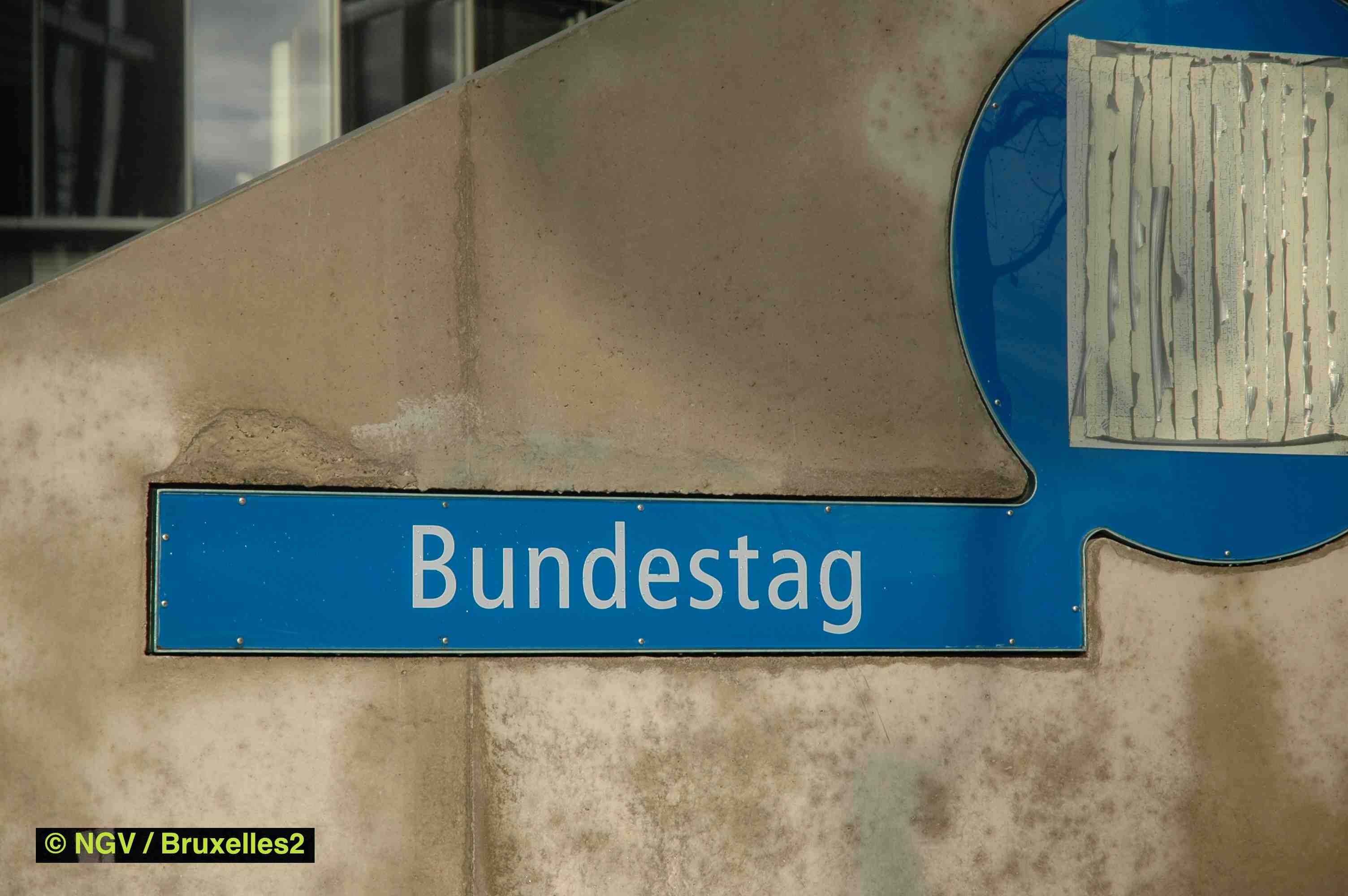Operation “destocking” among Somali pirates… Beware of the return, offensive
(BRUSSELS2) If it were not a question of hostages, of people, one could say that what has happened over the past few weeks along the Somali coast looks like a "big clearance sale" or "summer sales". The pirates would only hold, according to the latest European intelligence reports, 4 ships (NB: 6 ships and 123 crew members - including 42 Filipinos - according to Ecoterra). In a few weeks, the pirates thus liberated, most often against cold hard cash, most of the ships they held. The Italian tug Buccaneer and the German freighter MV Hansa Stavanger, both detained for about four months, were released one on August 11, the other on August 4 - read the summer news in Atalanta - while the two Malaysian and Indonesian vessels working for Total were released on August 3 after almost 8 months of detention!
This "destocking" operation can be interpreted in different ways.
1st explanation: a bit like on the stock market, hackers are determined to make their profits, before leaving for other adventures, or because they need new money to invest elsewhere.
2nd explanation: International pressure is at work. The pirates therefore want to reduce the sail area to avoid being taken sideways and suffering an attack. Moreover, having so many boats for so long mobilizes a lot of men. Another option: a reorganization has occurred within the pirates.
3rd explanation: the relative successes of the international force deployed had an effect on the personnel. Even if in a country, where the average income is a few dollars, and human life has less value than in Europe, the "repression" effect plays. Since June 2008, according to my statistics, the international forces (EU, NATO, India, Russia...) have thus apprehended more than 400 people suspected of piracy, including 250 brought to justice (1), 140 disarmed, as well as a forty killed. This is not enough to eradicate piracy. But, in view of the relative impunity that reigned before, it is a very clear signal. Carrying out an act of piracy today becomes less certain of success than yesterday - the probability of a successful attack is 1 in 5 at the moment (1 in 3 on average in 2008, 1 in 4 in the first quarter of 2009) - and a little more risky - the risk of getting caught can be estimated at around 1 in 3. However, the advantage of millions to be won remains tempting (the ransoms paid this summer would exceed 10 million euros) in a country (Somalia) one of the poorest on the planet.
4th explanation: without forgetting what precedes, the pirates are especially occupied with emptying their stocks, to set out again with the attack (with fresh money - and investments -, after being re-equipped in weapons and men). This is somewhat the feeling of Pieter Bindt, the new commander (on the "theater") of the EU's anti-piracy operation.
More attacks and further. Confiding in a journalist from the Dutch daily, De Volkskrant, who is on board the Evertsen, the Dutch frigate, Pieter Bindt believes, in fact, that "The number of offensives against merchant ships will increase in the coming times. (...) And the area of activity of pirates off Somalia will expand"With the recent releases, many pirates again have a free hand – and the necessary money – to take new hostages."Their attic is almost empty. They want to fill it." assures the Dutch commander. Simultaneously, "the pirates are extending their range, now that the monsoon is coming to an end. The calmer the sea, the greater their range. This makes it more difficult to intercept hackers or prevent an attack after a call for help." (read theVolkskrant article - in Dutch).
(1) This figure includes suspects handed over mainly to Kenya (around 110), but also to the Seychelles, Yemen, Puntland (Somalia) and a few repatriated to the Netherlands, France and the United States. Some suspects were released after a preliminary investigation. Most of the others are awaiting trial. 37 men were sentenced to 3 years in prison in Kenya on April 15, 2009. Read the anti-piracy report updated regularly.

